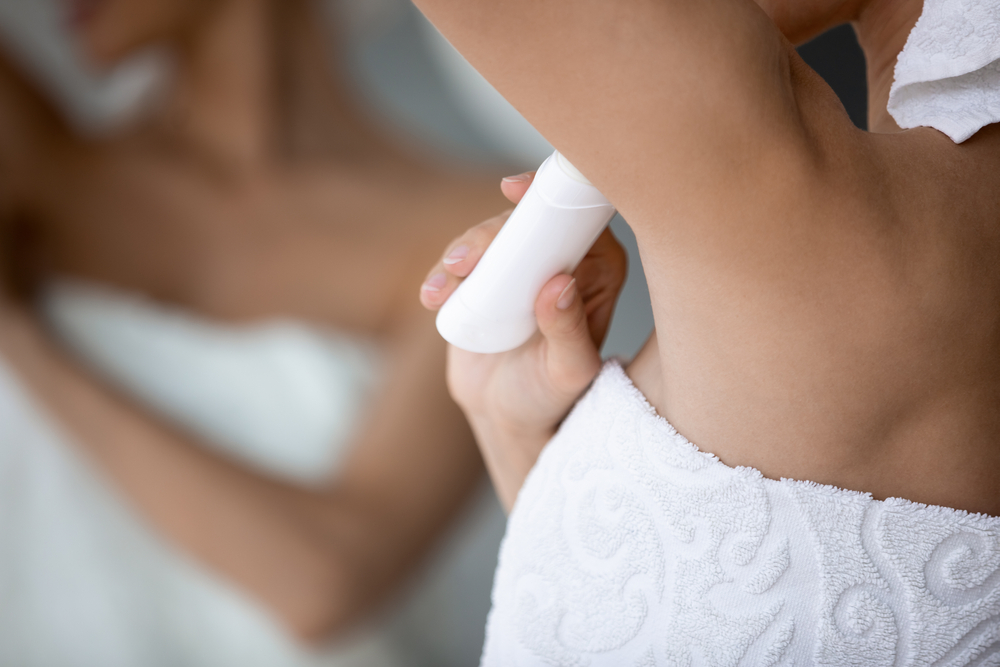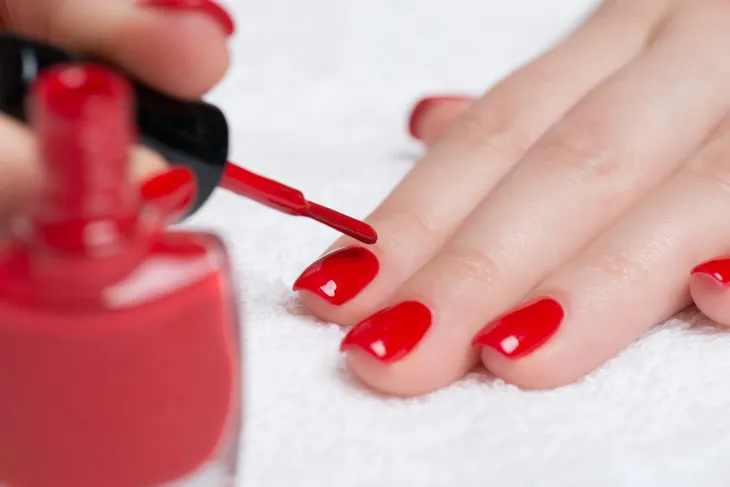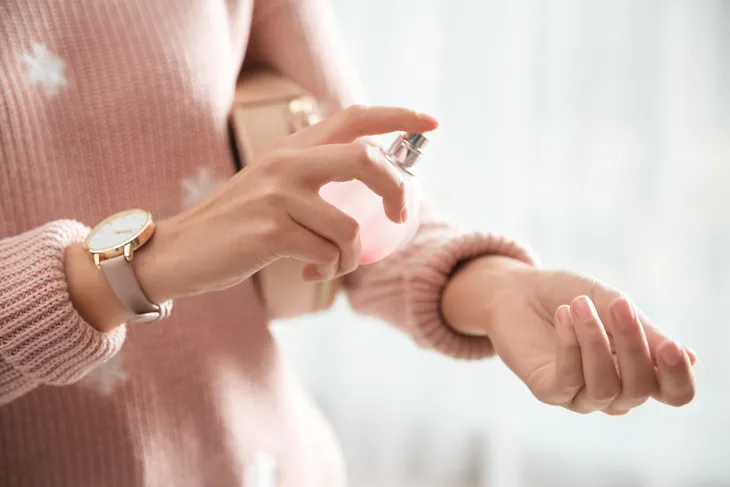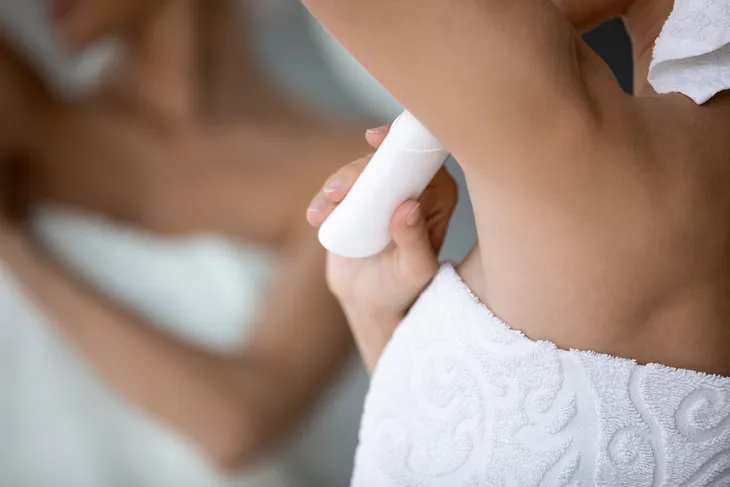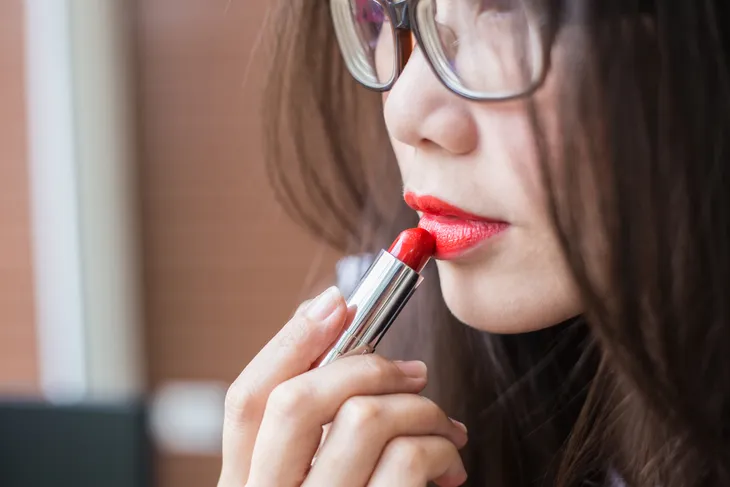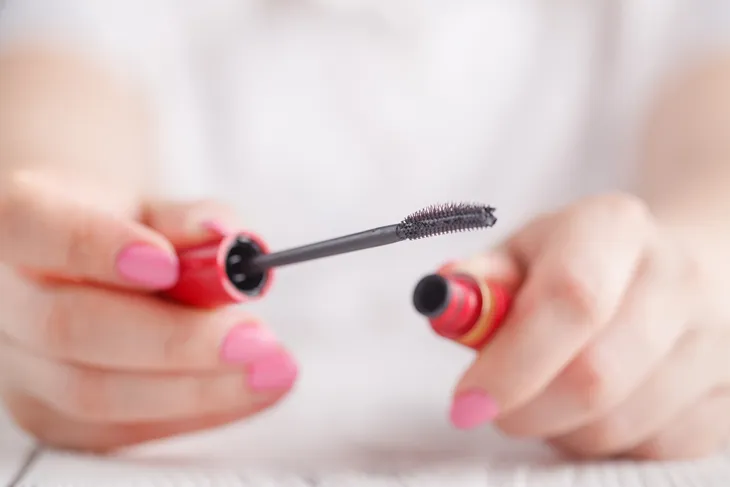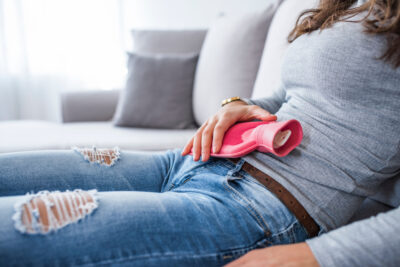Applying makeup and using a selection of creams is common in a beauty routine. Whether you use a little bit of everything or have a few simple items, have you ever thought about what these beauty products are made of? Many of them contain harmful ingredients.
Some brands of lipstick, cream, foundation, hair serums, and other common beauty items contain toxins and chemicals that can cause cancer, reproductive disorders, neurological problems, and other life-altering and life-threatening illnesses. While there’s no need to automatically dump the contents of your bathroom drawers, being informed about the products you use will help you avoid harmful ingredients.
Here are some ingredients to nix from your beauty regimen…
Formaldehyde-Releasing Preservatives
Formaldehyde and formaldehyde-releasing preservatives can be found in several beauty products, including nail polish, eyelash glue, body wash, and hair gel. Formaldehyde is added to water-based products to prevent the growth of bacteria, and is dangerous when inhaled or absorbed through the skin.
On top of causing skin irritation, the United States National Toxicology Program considers formaldehyde a known carcinogen. Look for nail polish that specifically says formaldehyde-free or “toxic-trio-free” (formaldehyde, toluene and DBP) and it’s a good idea to avoid hair smoothing products altogether if you’re unsure of the ingredients.
Dibutyl Phthalate or DBP
Chipping your fresh manicure or dealing with weak nails can be a pain. Many women turn to nail products that claim long-lasting abilities to help combat nail issues. However, several of these nail products contain dibutyl phthalate (DBP). Found in fragrances, as well as nail polish to prevent it from turning brittle, DBP is not regulated in these products by most countries. It has been found to interact with other chemicals that cause mutations, developmental defects, and hormone disruption.
Since perfume manufacturers do not need to list ingredients (they don’t have to share their recipes), you won’t know if your favorite scent has DBP in it. This is why, if you’re concerned, fragrance-free is the safest way to go.
Aluminum
Applying antiperspirant is an integral part of most morning routines. Products range from raspberry and summer breeze scents, to products that claim total sweat prevention. While smelling fresh when you exercise or go about your day is ideal in theory, many deodorant products contain harmful ingredients.
More specifically, aluminum is commonly found in antiperspirants and has been linked to breast cancer. Completely removing aluminum from your diet and beauty products would be a difficult task, but there are deodorant companies out there that make aluminum-free products, so perhaps it’s time to give them a try.
Lead
Bold lipstick is back in style, but are you swiping lead across your lips to make this fashion statement? Lipstick is a major culprit for lead. The problem is that lead isn’t listed as an ingredient, often on purpose. Lead is a by-product of tainted materials or its present in the pigment used within.
The FDA has done extensive testing on beauty products and the amount of products containing lead is alarming. That said; the FDA has not regulated the use of lead in cosmetics (other than what’s allowed in color additives). Be careful of what you buy. There are beauty databases available online where you can check product ingredients before you make any purchases.
Mercury
Mascara does wonders to open up those beautiful eyes. Whether you want to make a bold statement or simply enhance what you’ve got, mascara is used by women around the world. While we have options galore—curvy, volume-enhancing, waterproof, plumping, lengthening—many brands still put mercury in their mascara. Mercury kills bacteria and acts as a preservative, and many claim there is no viable substitute for it. This fact exempted cosmetics from the human health treaty by the United Nations to ban the chemical.
Mercury is a neurotoxin, but studies haven’t yet conclusively condemned the effects of mercury in makeup. Although you can find some brands who’ve already successfully removed mercury from their mascaras—you might not get the same runway look from products that lack this ingredient.
